Sneak Preview
The land of Israel. The most hotly contested region in the world. The Jewish people say it is theirs, and the Arabs say it is theirs. Yet God tells us clearly to whom it belongs: In the last days, He says, “I will also gather all nations, and bring them down to the Valley of Jehoshaphat; and I will enter into judgment with them there on account of My people, My heritage Israel, whom they [the Gentiles] have scattered among the nations; they have also divided up My land” (Joel 3:2, emphasis added; cf. 2 Chr. 7:20; Isa. 14:25; Jer. 2:7; 16:18; Ezek. 36:5; 38:16; Joel 1:6).
The land belongs to Jehovah, and He says He has given it to the Jewish people as an inheritance forever (Gen. 17:8; 48:4; Ezek. 36:24; 37:14).
Interestingly, this tiny slice of real estate surrounded by enormous Muslim countries has prospered only under the Jewish people. Under the Babylonians, it sat desolate, the dwelling place of jackals and hyenas, while the Israelites lived in captivity for 70 years in the sixth century BC. After the Israelites returned from exile, they rebuilt Jerusalem and its walls, and the situation improved. But in AD 70 the Romans sacked Jerusalem and denuded the land.
Some of the trees were used to construct a framework that was placed around the second Temple and set on fire, causing the Temple to explode into bits. Jewish historian Flavius Josephus, a Jerusalemite who was there, described the devastation in his book The Jewish War:
And now the Romans . . . had cut down all the trees that were in the country that adjoined to the city, and that for ninety furlongs [11 miles] round about, as I have already related. And truly the very view itself of the country was a melancholy thing; for those places which were before adorned with trees and pleasant gardens were now become a desolate country every way, and its trees were all cut down: nor could any foreigner that had formerly seen Judea and the most beautiful suburbs of the city, and now saw it as a desert, but lament and mourn sadly at so great a change.1
The land changed hands many times through the centuries but remained ruined. When the Ottoman Turks captured it in the early 16th century, they stripped what was left, leaving only barrenness and malaria-infested swamps that were good for nothing.
In 1867 American writer Mark Twain described the Holy Land in his book The Innocents Abroad. He called it a “desolate country whose soil is rich enough, but is given over wholly to weeds—a silent mournful expanse. . . . There was hardly a tree or shrub anywhere. Even the olive tree and the cactus, those fast friends of a worthless soil, had almost deserted the country. No landscape exists that is more tiresome to the eye than that which bounds the approaches to Jerusalem.”
This is how God’s land fared when other nations took it for themselves. “Therefore thus says the Lord GOD: ‘Surely I have spoken in My burning jealousy against the rest of the nations . . . who gave My land to themselves as a possession, with wholehearted joy and spiteful minds, in order to plunder its open country’” (Ezek. 36:5, emphasis added). He promises them humiliation and punishment.
Today the land of Israel is producing fruit and blossoming because the people to whom God gave it are the ones working it. So He is blessing it.
When the Israelis established farms in Gush Katif in the Gaza Strip, the Arabs there told them they were wasting their time. “This land is cursed,” the Arabs said. But 20 years later, Gush Katif had become the nation’s breadbasket, providing 10 percent of Israel’s agricultural output and 65 percent of its greenhouse vegetables. Yearly exports came to $25 million. Israel evacuated all 21 communities in the Gaza Strip in 2005 in hopes of making peace. Instead, Hamas reduced the farms to rubble and used the area to fire rockets into Israel.
God promises, “The desert shall rejoice and blossom as the rose” (Isa. 35:1). Today is but a sneak preview of what God will do when the Jewish people are fully reconciled to Him in the future Millennial Kingdom. That will be a time of great revival and renewal, both spiritually and physically: “‘I will put My Spirit in you, and you shall live, and I will place you in your own land. Then you shall know that I, the LORD, have spoken it and performed it,’ says the LORD” (Ezek. 37:14, emphasis added).
No one will dispute who owns the land, and Israel will glorify God.
ENDNOTES
-
-
- Josephus The Jewish War 6.1.1.
-
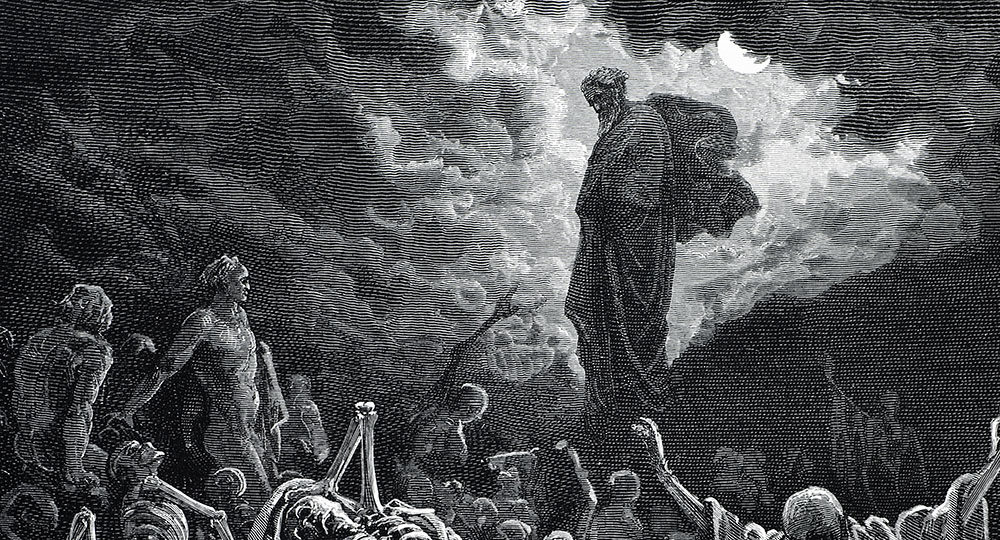

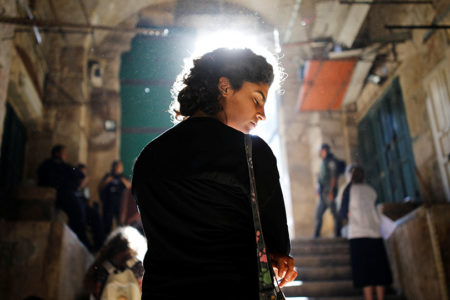
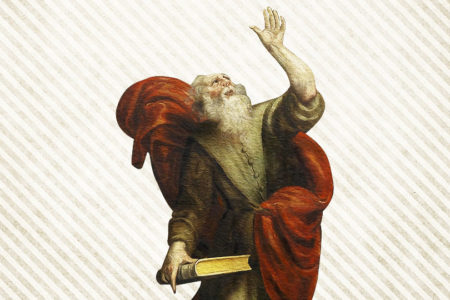
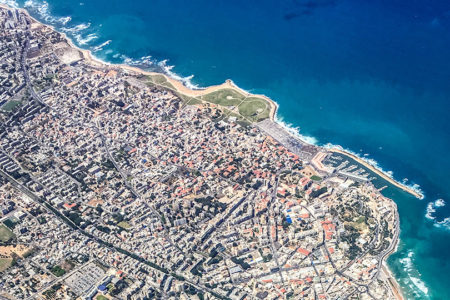
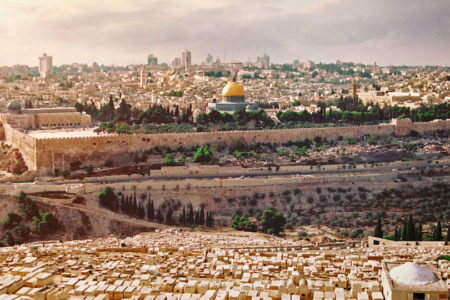
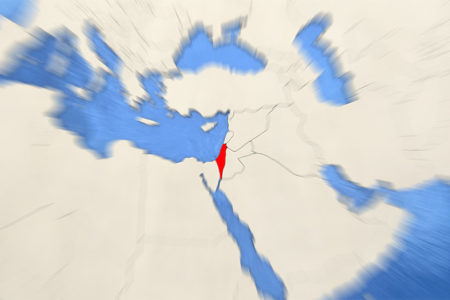

Amen